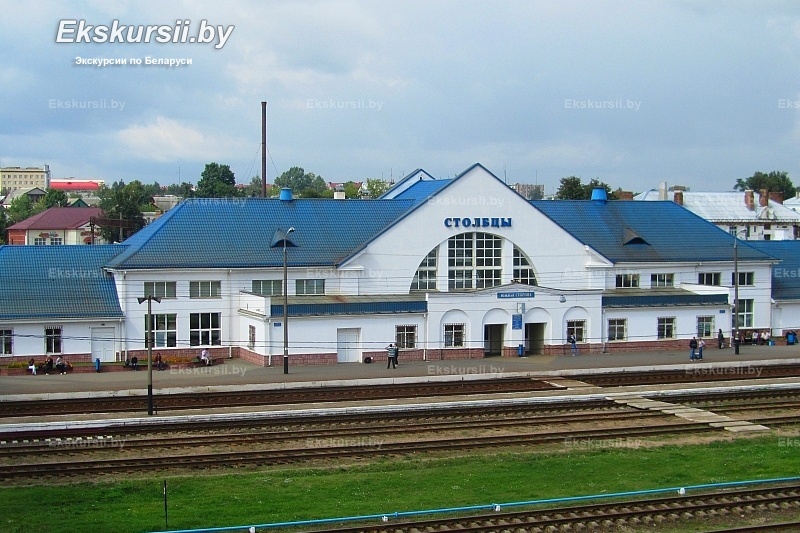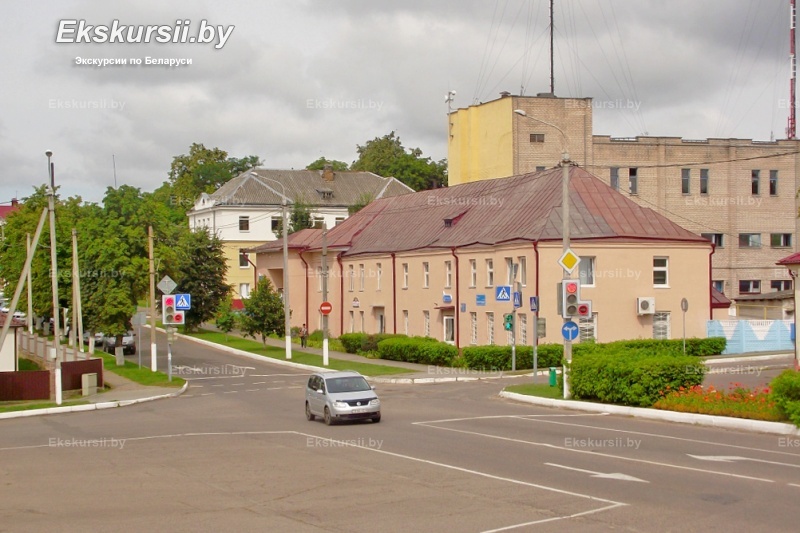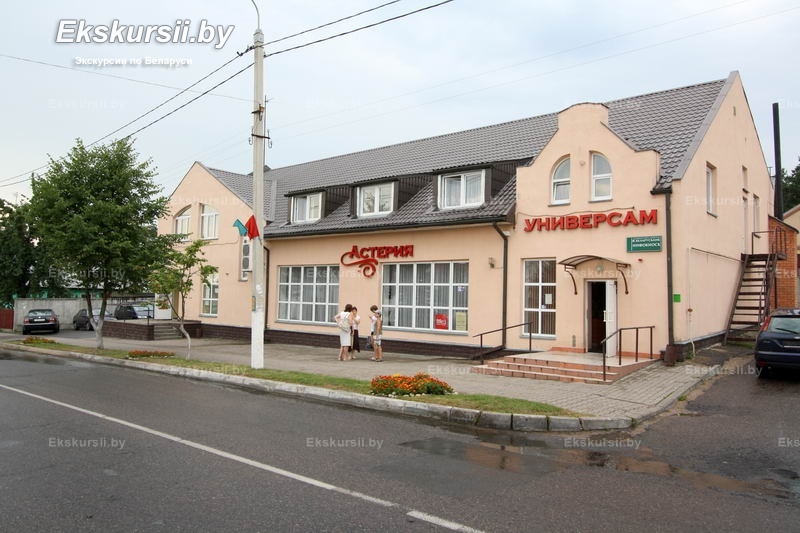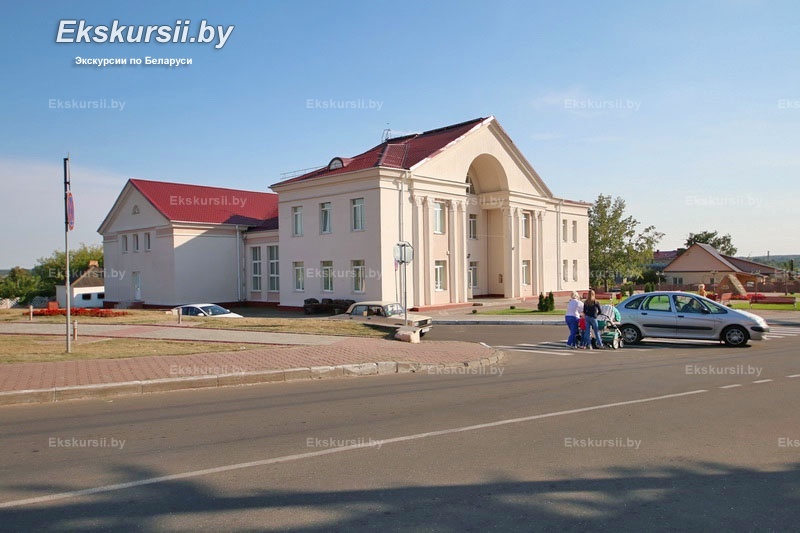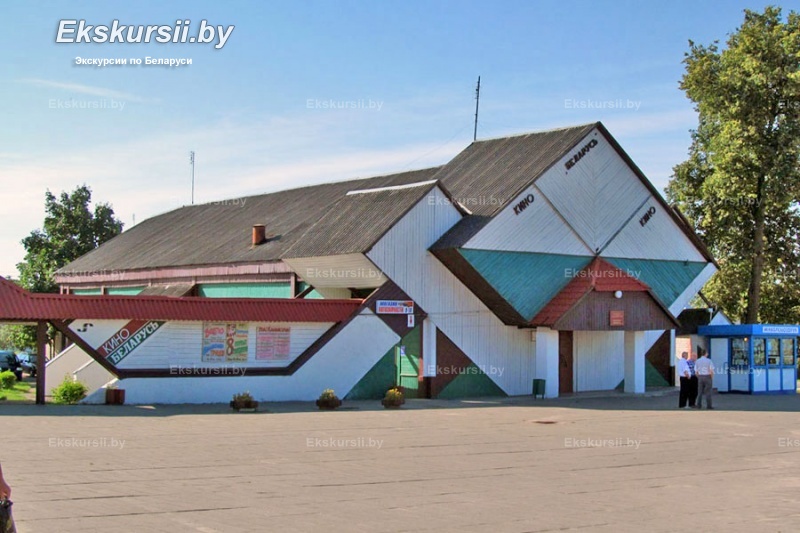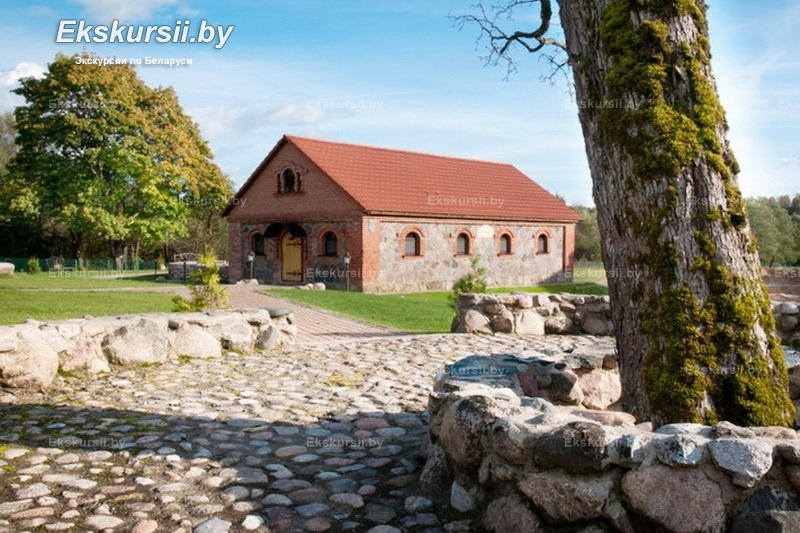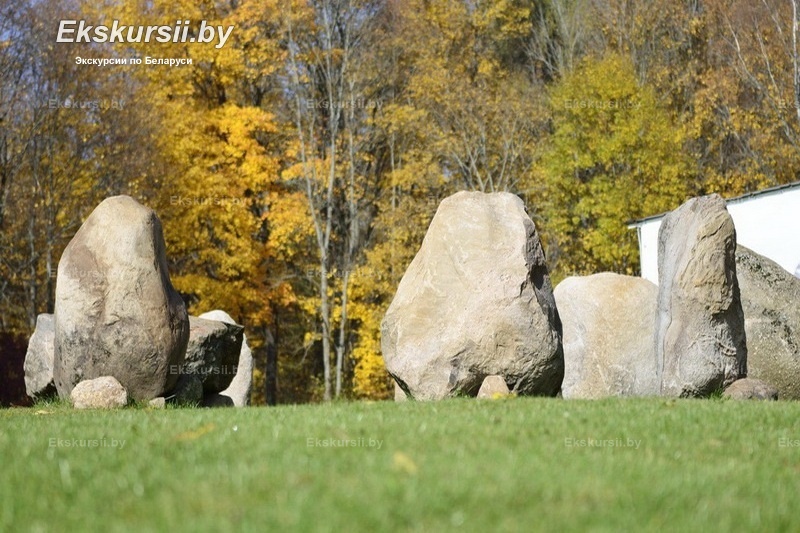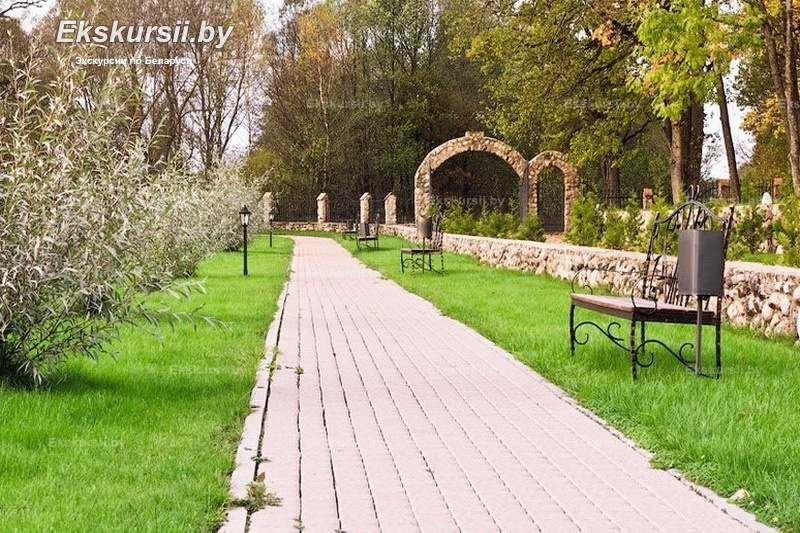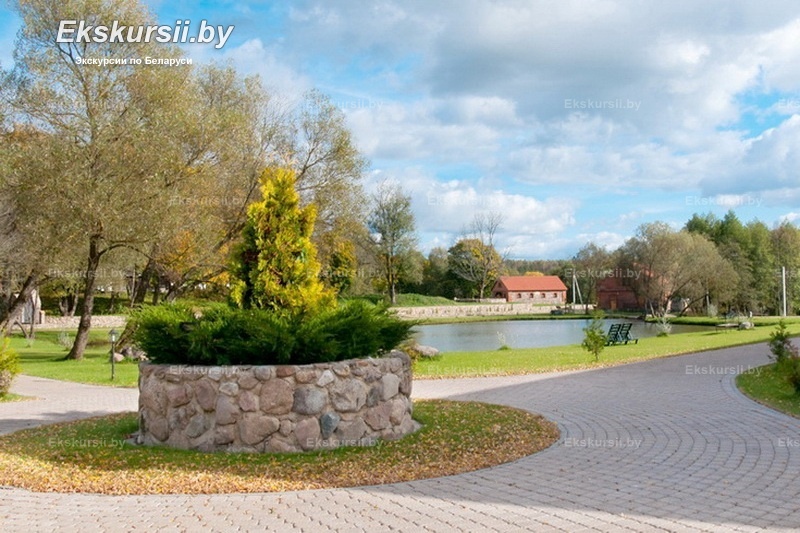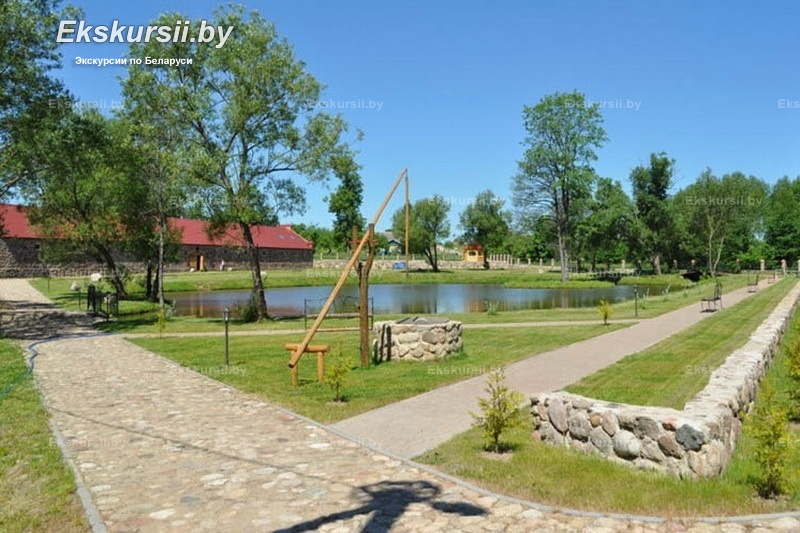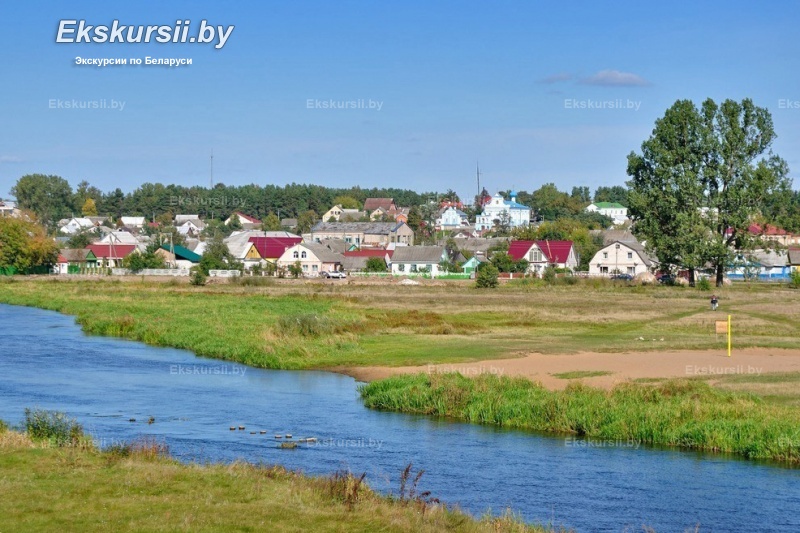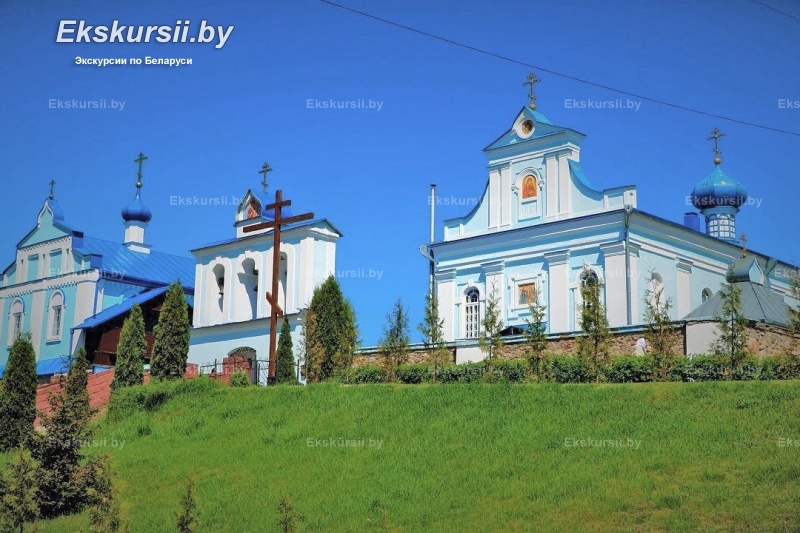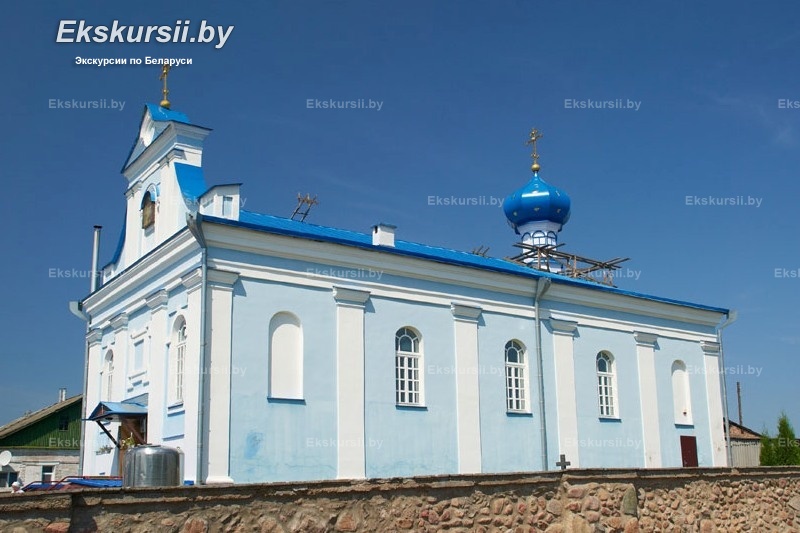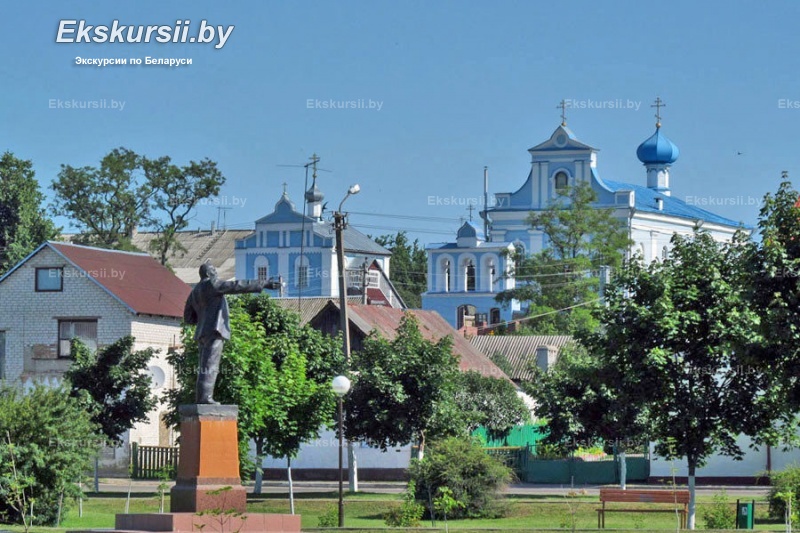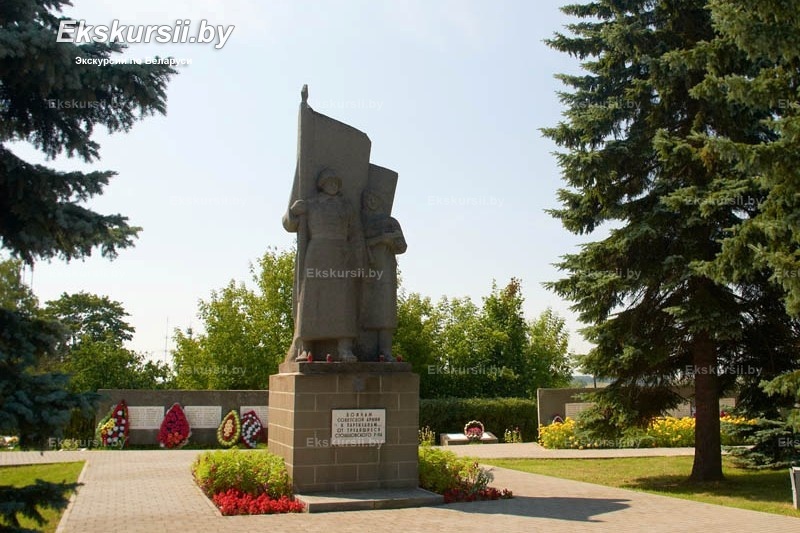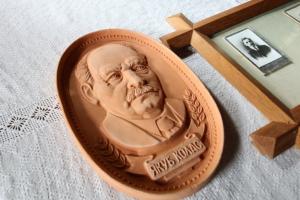History of the development
The official founding date of the Stowbtsy is considered to be February 20, 1593. At the beginning of the XVII century Stowbtsy were in the possession of A. Slushki, who in 1623 founded a church here, and in 1639 - a Dominican monastery. During the war of Russia with the Polish-Lithuanian Commonwealth in 1655 the town was plundered and burned. Stowbtsy also had to recover from the destructive Northern War of 1700-1721. At the beginning of the XVIII century the place became the property of S. Dengoff. From 1728 Stowbtsy belonged to the Chartori and became the center of the county. In 1729 the town received Magdeburg Law.
After the second partition of the Polish-Lithuanian Commonwealth in 1793 Stowbtsy became part of the Russian Empire. In the XIX century here was one of the most important ports on the Neman river. During the Patriotic War of 1812 French troops severely ravaged the city. In 1831 Stowbtsy were confiscated in favor of the state from the Chartorian, who supported the uprising of 1830-1831. In 871 in 2 km from Stowbtsy on the Moscow-Brest railway line was opened the railway station of the same name. After the construction of the railway, river trade began to decline and the population began to adapt to new economic conditions. At the end of the XIX century match factory, sawmill and tar plantsin operated in Stowbtsy.
In 1921-1939 according to the Riga Peace Treaty, Stowbtsy were part of the interwar Polish Republic. In 1939 Stowbtsy became part of BSSR, where on January 15, 1940 it became the center of the district. During World War II from June 28, 1941 until July 2, 1944 the city was under German occupation.
Tourism potential
Despite its size, Stowbtsy is a very picturesque city of the republic with a rich, whose natives left a significant mark on the history of Belarus.
The main monumental building of the city is St. Anne’s Church, which can be easily seen from many streets in the central part of the city. The church was built in 1825 on a hill in the form of a reckless single-nave church with facades.
Ordinary buildings with shopping arcades (XIX - 1st half of the XX centuries), synagogue(1886) and Jewish cemetery (1795) were also preserved in the city. Railway station building of the 1st half of the XXth century deserves special attention.
Memorial Museum-Estate of Yakub Kolas «Akinchitsy» is the main attraction of the city. The estate is located on the very outskirts of Stowbtsy in the former village Akinchitsy. In 1881 - 1883 Mickiewicz family lived here. Roday, in the house where the legendary Belarusian poet was born, there is a museum. Among other cultural figures who lived and worked in Stowbtsy and the region, it is worth noting the Polish poet Wladyslaw Syrokomlya, Vintsa Karatynsky, Adam Plow, the writer Karus Kagants, the national revival figure Yuri Sobolevsky.
Also in Stowbtsy there is a grave of the famous pilot A.M.Kostenchik, who fought on the fronts of the First World and Civil Wars.
